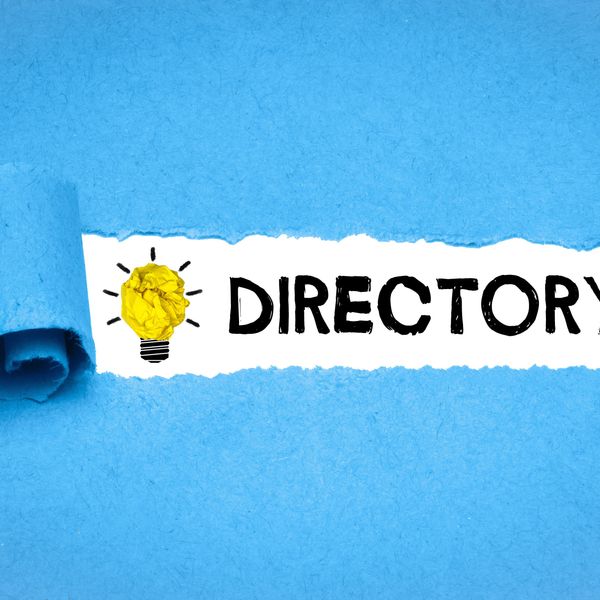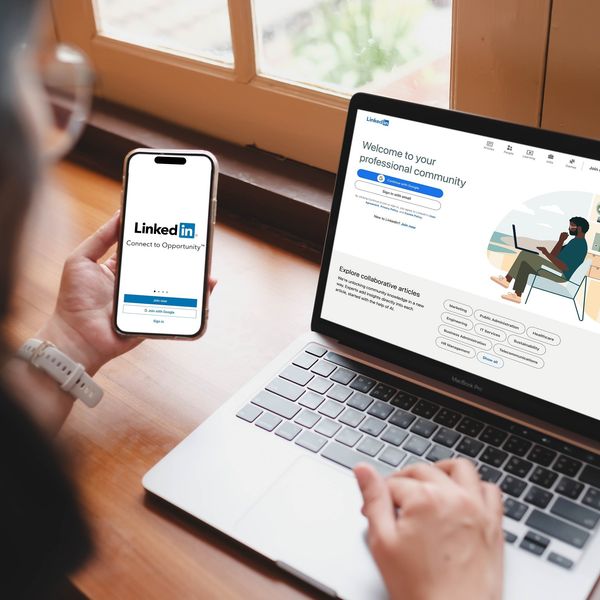
Strengths and Weaknesses of the Major Digital Marketing Platforms: Google Ads, Facebook Ads, and Organic SEO
Every business faces the difficult challenge of determining where to best direct its digital marketing spend. Figuring out which platforms will be the most profitable for your business depends on your target audience, your budget, and how people find products and services like yours.
But there are some overall strengths and weaknesses to each of the major digital marketing platforms, and your brand should consider them before determining how and where you allocate your digital marketing budget.
Major advertising platforms like Google Ads and Facebook can help you jumpstart traffic and reach bigger audiences, while organic SEO can drive conversions and revenue for the long-term. Ideally, a smart digital strategy will leverage the strengths of each platform while avoiding the common shortfalls.
For any advertiser, the ultimate goal is to improve return-on-ad-spend (ROAS) to the point where your digital marketing is profitable and scalable. When combined effectively, these three digital marketing platforms can help your business achieve that goal.
Strengths and weaknesses of the major digital marketing platforms
Google Ads: Harness the power of search intent (but at a price)
Unlike other forms of digital advertising, Google Ads lets advertisers reach users at the exact moment they express intent for something. This is the biggest value proposition of search engine advertising, and no other digital marketing platform can match it. The power of targeting search intent is why the average small-to-midsize business invests about $10,000 per month on Google Ads.
When comparing PPC versus SEO, the most obvious distinction is that advertisers pay for clicks rather than earning them organically. If advertisers make the most of Google Ads campaign settings and do the work of optimizing their ads and PPC landers for conversions, then Google Ads can be a profitable marketing engine that generates quality clicks at a cost-per-acquisition (CPA) that fits their budget.
So what are the primary strengths of the Google Ads platform?
- Reach users at the exact moment they express intent for something
- Immediately rank above competitors when it is unrealistic to do so organically
- Use Google’s powerful campaign settings to optimize ads and bidding
On the flipside, Google's advertising revenue has grown every year over the last decade. Why is that? The Google Ads model has allowed Google to become more competitive as more advertisers enter the market and want to gain market share and dominance. As a result, every business needs to be aware if their Google Ads campaigns are not properly optimized, they can get really expensive.
For these reasons, the primary weaknesses of the Google Ads platform can be summarized as the following:
- High cost-per-click across every industry (as well as click fraud)
- Big brands that run unprofitable campaigns just to block out their competition
- When your advertising budget runs out, so does all of your website traffic
One thing I see digital companies get consistently wrong is they end up spending way too much money on Google Ads because they rely too heavily on Google Ads recommendations and do not properly optimize their campaign settings and bidding. This is why it’s extremely important to work with a skilled PPC manager so you don’t end up paying more per click than is necessary (Remember, Google wants to make money off your investment!).
More articles from AllBusiness.com:
- How to Leverage Local and Organic SEO to Grow Your Business
- How to Make Your Business Stand Out From the Competition and Win More Customers
- 13 SEO and SEM Tips for Businesses With Limited Budgets
- Why Your Branded Search Results Are Your Most Important Digital Asset
- 10 Proven Link-Building Tactics to Win High-Quality Backlinks
Another common mistake is some businesses put all of their eggs in the Google Ads basket. If your company generates more of its revenue from paid than organic search, the moment you stop paying for search ads is the moment your traffic will dry up.
Google Ads campaigns that are properly optimized can be a great way to generate clicks, prospect keyword traffic, and understand buyer intent. But to strengthen the long-term impact of your Google Ads investment, make sure you pair your efforts with other powerful digital platforms.
Facebook Ads: Target audiences with more granularity (and more competition)
Unlike Google Ads, Facebook users are not on the platform to search for products and services, but to connect with friends and family. This means that buyer intent is significantly lower. However, users give so much personal information to Facebook, providing digital advertisers the opportunity to target audiences with far more granularity than they can on any other digital advertising platform.
Facebook also requires users to have an email and login to use the platform, whereas anyone with a web browser can use a free search engine like Google. For the most part, this eliminates the anonymity that makes click fraud and low-quality clicks more common with Google Ads.
Even though more businesses are directing digital spend toward Facebook, average CPCs with Facebook Ads are still lower than Google Ads. Because Facebook does not target search intent, conversion rates are also lower. However, with CPCs so much less, most advertisers ultimately end up paying a smaller cost-per-conversion with their Facebook Ads than their Google Ads.
The primary strengths of Facebook Ads can be summarized as such:
- CPCs are lower on Facebook than on the Google Ads platform
- The Facebook platform eliminates anonymity, meaning less click fraud
- Advertisers have the opportunity to provide a creative, whereas search engine ads are only text-based
- Advertisers can target users with far more granularity (e.g., by demographics, geographic location, interests, email addresses, pixel data, and more)
Facebook Ads do have some weaknesses that digital marketers should pay attention to. They include:
- Lower conversion rates as result of lower buyer intent
- Brands compete with all advertisers on the platform, not just those in their industry
- Certain time periods create surges of CPMs, such as holiday shopping season, political elections, and video or mobile game launches
- Facebook uses Pixel data to help your competitors target your audience with greater detail (Pro tip: Never leave the Facebook Pixel on your website unless you’re actively using it!)
One of the best advantages of Facebook advertising is that, like Google Ads, it allows your business to reach bigger audiences—but in my opinion, it’s a bit easier to run profitable campaigns on the Facebook platform. A common mistake I see brands make with their digital marketing budget is they do not direct enough spend toward Facebook advertising.
B2Bs and B2C brands in particular with a strong base of quality leads can reengage their existing leads on the Facebook platform through custom audience targeting. They can also generate similar leads through lookalike audiences.
For any brand on a tighter marketing budget that wants to lower its ROAS, Facebook is a great platform to do it.
Organic SEO: Earn traffic to perpetuity (with a little patience and hard work)
With PPC platforms like Google and Facebook Ads, advertisers are essentially “renting” website traffic. But with organic keyword rankings, brands own website traffic to perpetuity. Working on SEO and building a brand through organic clicks is cheaper than pay-for-play, and the primary benefit of SEO is that you get website traffic, but without the price tag.
Other strengths of organic SEO include:
- Brands can drive clicks and conversions for the long term, not just until their advertising budget runs out
- Organic SEO is cost-effective and provides more room for error
- Organic rankings not only drive clicks and revenue, they elevate your brand authority and expertise in your industry niche
So what are the weaknesses of organic SEO?
- It takes more time than PPC
- You can’t immediately outrank your competitors
- A successful SEO strategy requires more time and resources
But SEO doesn’t always have to be slow. Organic SEO focuses on what search engines and users value in the long term. This means that even if algorithms or CPCs change, the end goal does not. In some industries, you can see the clicks start coming in just a few short weeks.
The ultimate small business digital marketing toolkit
For any business, having a combination of Google Ads, Facebook advertising, and SEO is the ultimate digital marketing toolkit. Integrating organic and paid search is a great strategy, and I often like to use PPC to quickly test the market hypothesis before optimizing high-quality content for the keywords that brought the best clicks in my PPC campaigns.
Overall, all three of these digital platforms provide amazing opportunities for brands to grow their market share and revenue. The key is pairing paid media with a solid foundation of organic SEO strategy. By leveraging the strengths of each platform, your business can keep the clicks and conversions coming in both the short and long term.
RELATED: 7 Effective Ways to Increase Engagement With Facebook Ads



